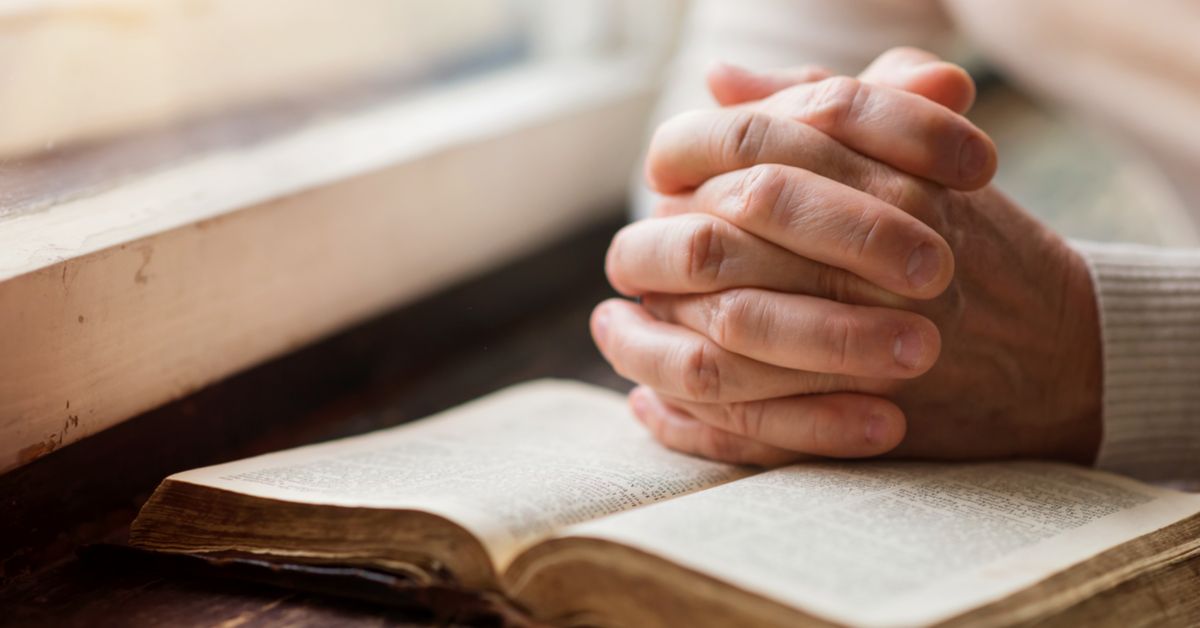The U.S. Supreme Court has ordered a federal appeals court to rehear the case of a Kansas woman who sued police for allegedly mocking her for praying while investigating a noise complaint against her.
The high court's 28 June 2018 unanimous opinion reversed a pair of decisions against 61-year-old Mary Anne Sause. Sause had sued two Louisburg police officers following a November 2013 incident in which they came to her apartment over a complaint that reportedly stemmed from the volume at which she had been listening to far-right radio host Michael Savage.
According to Sause, she did not let the officers, Brent Ball and Jason Lindsey, enter the apartment during their initial visit, but she did allow them in when they returned. When asked about the initial refusal, she held up a copy of a pocket U.S. Constitution, only to be told by Lindsey, "That's just a piece of paper."
The retired nurse didn’t open the door at first. She said she was wary after she’d been raped years earlier. She called a friend, who came over just before the police returned and banged on the door. She opened it but left the screen door locked.
“They wouldn’t tell me what they were there for,” she said. “I was told if I didn’t let them in I would get a ticket.”
A devout Catholic active in the anti-abortion movement, Sause said she showed the two Louisburg officers the pocket Constitution she always kept handy.
“That is just a piece of paper that doesn’t work here,” she said one of the officers told her.
Sause also said in her suit that while Lindsey granted her request to pray while the officers were there, Stevens told her to "get up and stop praying":
Sause was not arrested, but she was cited for disorderly conduct and interfering with law enforceement. Her lawsuit against both officers as well as Police Chief Timothy Bauer and other Louisburg officials was thrown out by both the United States District Court in Kansas City, Kansas, and the federal Court of Appeals for the Tenth Circuit in Denver. But the high court said in its opinion that the latter court committed an error when it ruled that the officers had "qualified immunity."
In a case where someone intended to pray in the midst of a police investigation, the high court said, the issues concerning their rights under both the First Amendment and Fourth Amendment "may be inextricable," adding:
It is unclear whether the police officers were in [Sause's] apartment at the time in question based on her consent, whether they had some other ground consistent with the Fourth Amendment for entering and remaining there, or whether their entry or continued presence was unlawful. [Sause's] complaint contains no express allegations on these matters. Nor does her complaint state what, if anything, the officers wanted her to do at the time when she was allegedly told to stop praying. Without knowing the answers to these questions, it is impossible to analyze [Sause's] free exercise claim.
Sause said she felt vindicated following the high court's opinion on what she called a "horrific event."
"After what happened that night, I asked for two years for an investigation prior to filing the lawsuit," she said. "I have nothing but love for law enforcement, but these two officers violated my rights. I lift them up in prayer, but I had to stand up for God, my country and myself."
